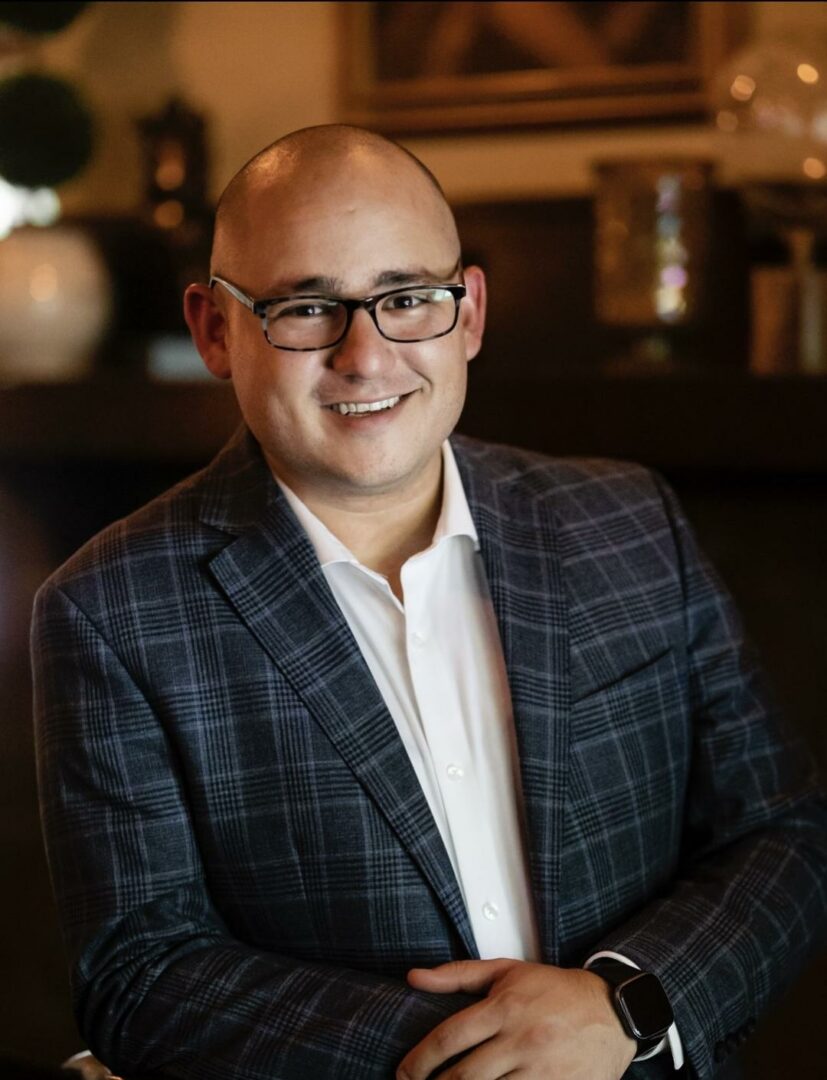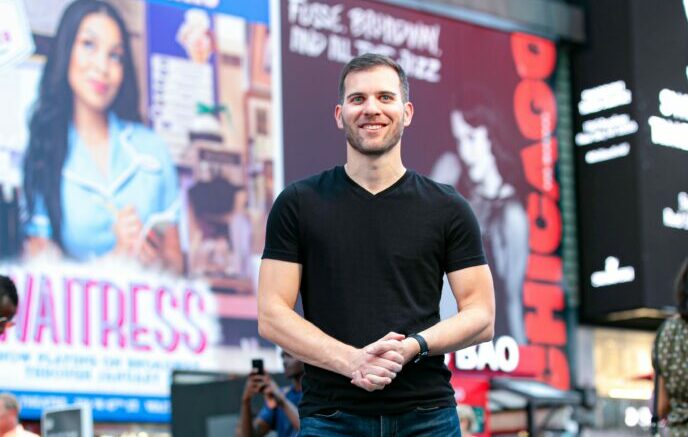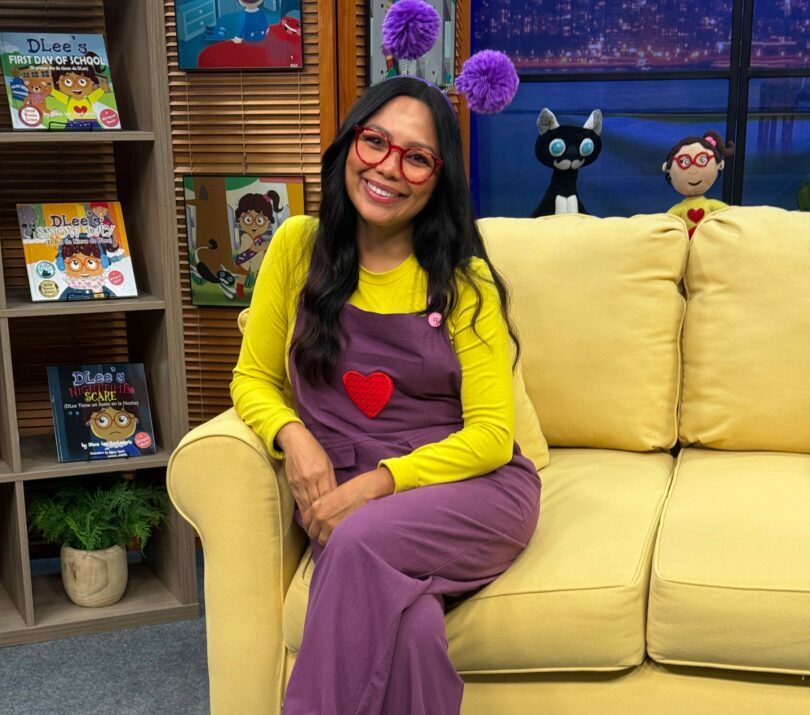We’re excited to introduce you to the always interesting and insightful Brian Larson. We hope you’ll enjoy our conversation with Brian below.
Brian, so great to be with you and I think a lot of folks are going to benefit from hearing your story and lessons and wisdom. Imposter Syndrome is something that we know how words to describe, but it’s something that has held people back forever and so we’re really interested to hear about your story and how you overcame imposter syndrome.
Growing up, my life was shaped by constant change. Born in Los Angeles, California, I moved to Vermont at five, lived in two different homes there, and later moved to Phoenix before landing in Pittsburgh by the fifth grade. At 18, I went to Malibu to attend Pepperdine University, but eventually returned to Pittsburgh to complete my degree at Duquesne University. Each move meant starting over—new schools, new communities, and new challenges.
As a child, it was never a matter of whether I was capable. My peers and I were on a level playing field. The bigger question was: Do I fit in here? Each new environment forced me to evaluate whether I belonged, not because of what I could achieve but because of whether the space felt right for me.
As an adult, that sense of searching for belonging took on new dimensions, especially as I navigated coming out and working in spaces that were traditionally not welcoming. This compounded my feelings of self-doubt and impostor syndrome. Suddenly, the question wasn’t just about fitting in but about whether I could thrive in environments that didn’t always feel inclusive.
I had to reframe my thinking. It wasn’t about fitting into someone else’s mold—it was about recognizing that no one else could bring my unique perspective, experiences, and knowledge to the table. Embracing that belief took time, practice, and a significant amount of self-exploration. I learned to lean on my strengths, embrace the challenges, and focus on the value I bring simply by being authentically me.
This shift in mindset didn’t happen overnight. I started by observing and learning from my surroundings—absorbing as much as I could before stepping forward. I poured myself into preparation: early mornings, late nights, and a commitment to building the skills that would make me not just capable, but invaluable. I also built a family of support—mentors, friends, and allies who helped catch me when I felt lost.
One turning point was realizing that belonging isn’t something you wait for others to grant you—it’s something you create for yourself. When I stopped trying to fit into predefined spaces and started focusing on carving out my own, the feelings of impostor syndrome began to diminish.
Today, I manage those lingering doubts by reminding myself that everyone has moments of insecurity, but they don’t define you. I focus on preparation, yes, but also on self-compassion. I remind myself that growth is a journey and that my voice has value—just as it is.
For anyone struggling with impostor syndrome, my advice is this: Stop trying to fit into boxes that weren’t built for you. Instead, focus on what makes you unique and irreplaceable. Surround yourself with people who believe in you, and don’t be afraid to lean on them. And most importantly, give yourself permission to take up space, grow, and thrive. You belong—not because you’ve proven it to someone else, but because you’re here, and you’re enough.
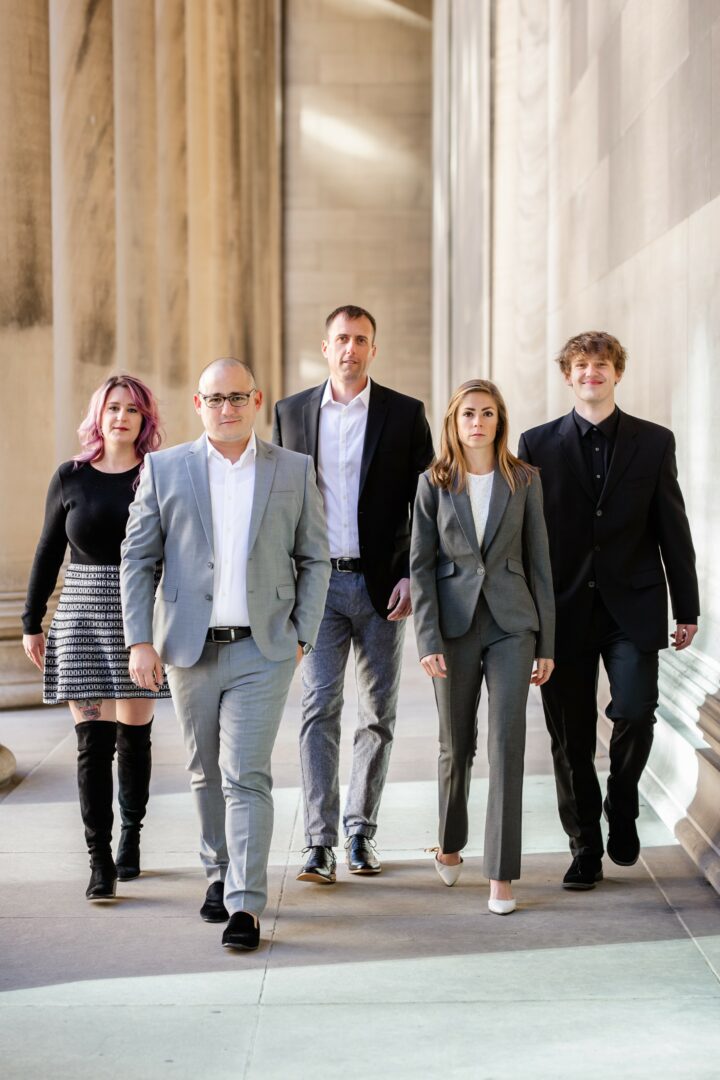
Great, so let’s take a few minutes and cover your story. What should folks know about you and what you do?
I’ve always been drawn to the idea of creating spaces where people feel they belong—whether it’s restoring a historic home, fostering community connections, or guiding someone through one of the most significant transactions of their life. My husband and I, together for over 18 years, share a deep passion for preservation. Our home, a historic property we’ve worked to restore to its original grandeur, has become a personal labor of love. It’s also a hub for community gatherings—whether it’s hosting neighborhood events, charitable causes, or political fundraisers, we believe in opening our doors to bring people together.
Professionally, I’ve found my purpose in real estate. As an associate broker, office manager, and mentor to agents, I help clients and professionals navigate an industry that is as dynamic as the people it serves. Real estate isn’t just about buying and selling property—it’s about meeting people where they are, understanding their stories, and empowering them to achieve their goals.
I’m passionate about education, both for the consumer and the agent. Buying or selling a home is one of the biggest milestones in a person’s life, and it needs to be handled with professionalism, integrity, and care. I strive to ensure clients feel informed and supported every step of the way. For agents, I focus on growth and skill development, helping both new and experienced professionals excel in their careers.
This passion for serving others extends to my involvement in various trade organizations. I’m honored to be a member of the National Association of Hispanic Real Estate Professionals (NAHREP) and the LGBTQ+ Real Estate Alliance. Our industry touches people from diverse and colorful backgrounds, and it’s important to amplify their voices. Through these organizations—and my roles on the Observatory Hill, Inc. Board of Directors, the Realtor Association of Metropolitan Pittsburgh Board of Directors (as the 2025 Secretary-Treasurer), and the Pennsylvania Association of Realtors Board of Directors—I strive to use my position to create meaningful change and advocate for inclusivity and equity in real estate.
For me, this work is deeply personal. It’s about creating spaces where everyone feels seen, valued, and supported—whether that’s in a home, a neighborhood, or an industry that serves them. I’m continuously inspired by the people I meet and the stories they share. It motivates me to keep growing, learning, and striving to make an impact, not just for today but for the future.
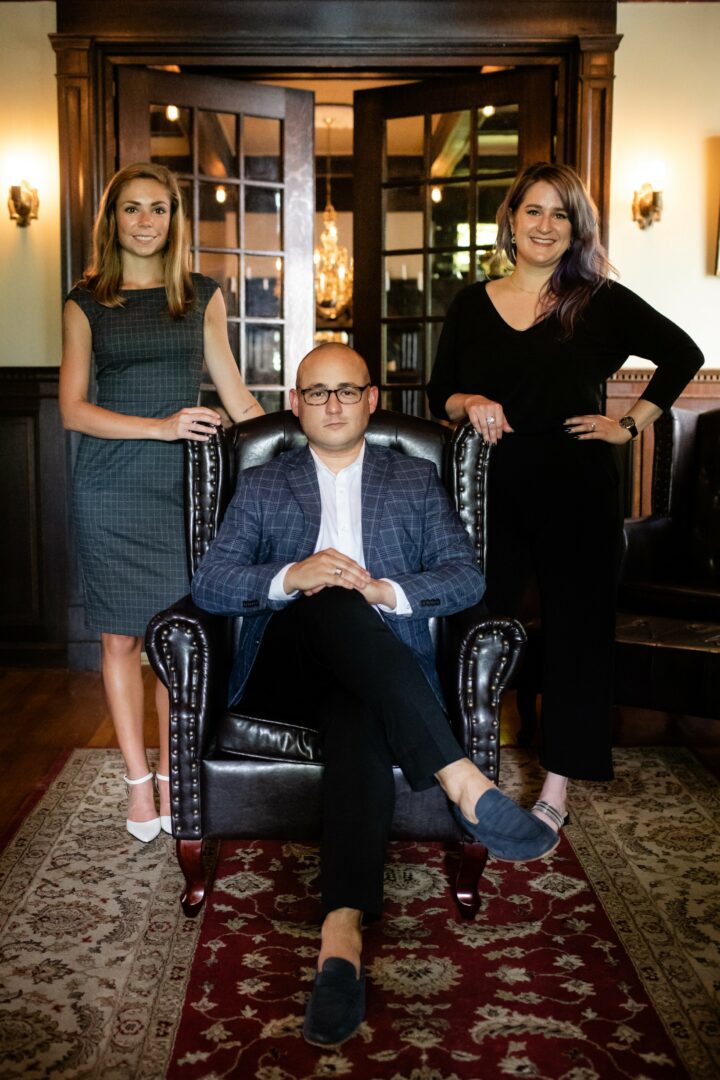
If you had to pick three qualities that are most important to develop, which three would you say matter most?
When I reflect on my journey, three key qualities have been instrumental: compassion, organization, and mentorship. Each has played a critical role in shaping how I navigate this industry and connect with others along the way.
Compassion is at the heart of everything I do. Real estate isn’t just about buying or selling homes—it’s about guiding people through one of the most significant and emotional transactions of their lives. It’s not for the faint of heart. There are contracts, timelines, financial exchanges, and legal implications, all of which can feel overwhelming for clients. I strive to meet people where they are, understanding their unique circumstances and challenges.
My advice for developing compassion is to listen—truly listen. Take a step back, analyze what your clients, colleagues, or even loved ones need, and approach every interaction with empathy. Compassion isn’t just about feeling for someone; it’s about taking judgement-free action to support them through the process.
Organization is essential, especially when you’re building and managing a business. As an entrepreneur, your ability to create schedules, processes, and systems is what enables you to show up fully—for yourself and others. Time blocking has been a game-changer for me, helping me plan my days while leaving room for life’s adventures. Because of this structure, I can take the vacations and time away that recharge me, all without my business missing a beat.
For those just starting, I recommend experimenting with organizational methods until you find a system that works for you. Whether it’s digital tools, physical planners, or a combination of both, find something that keeps you engaged but allows flexibility. Organization isn’t about rigidity—it’s about creating the structure that gives you freedom.
Mentorship has been a guiding light in my career. It’s a two-way street: you learn from others and teach anyone willing to listen. Even if you don’t see yourself as a leader, chances are someone else does. We all have experiences and knowledge worth sharing, and mentorship is about creating a ripple effect of growth and support.
To develop mentorship, seek out those ahead of you in your field—observe their footsteps, ask questions, and absorb their insights. But also, be mindful of the tracks you leave behind for others to follow. Sharing your knowledge, even in small ways, can inspire and uplift someone else.
Ultimately, these three qualities—compassion, organization, and mentorship—have shaped how I approach my work and relationships. For anyone early in their journey, I’d say this: Be kind to yourself and others, build systems that support your growth, and never underestimate the power of learning and teaching. These principles will not only guide your path but also help you make a lasting impact on those you meet along the way.
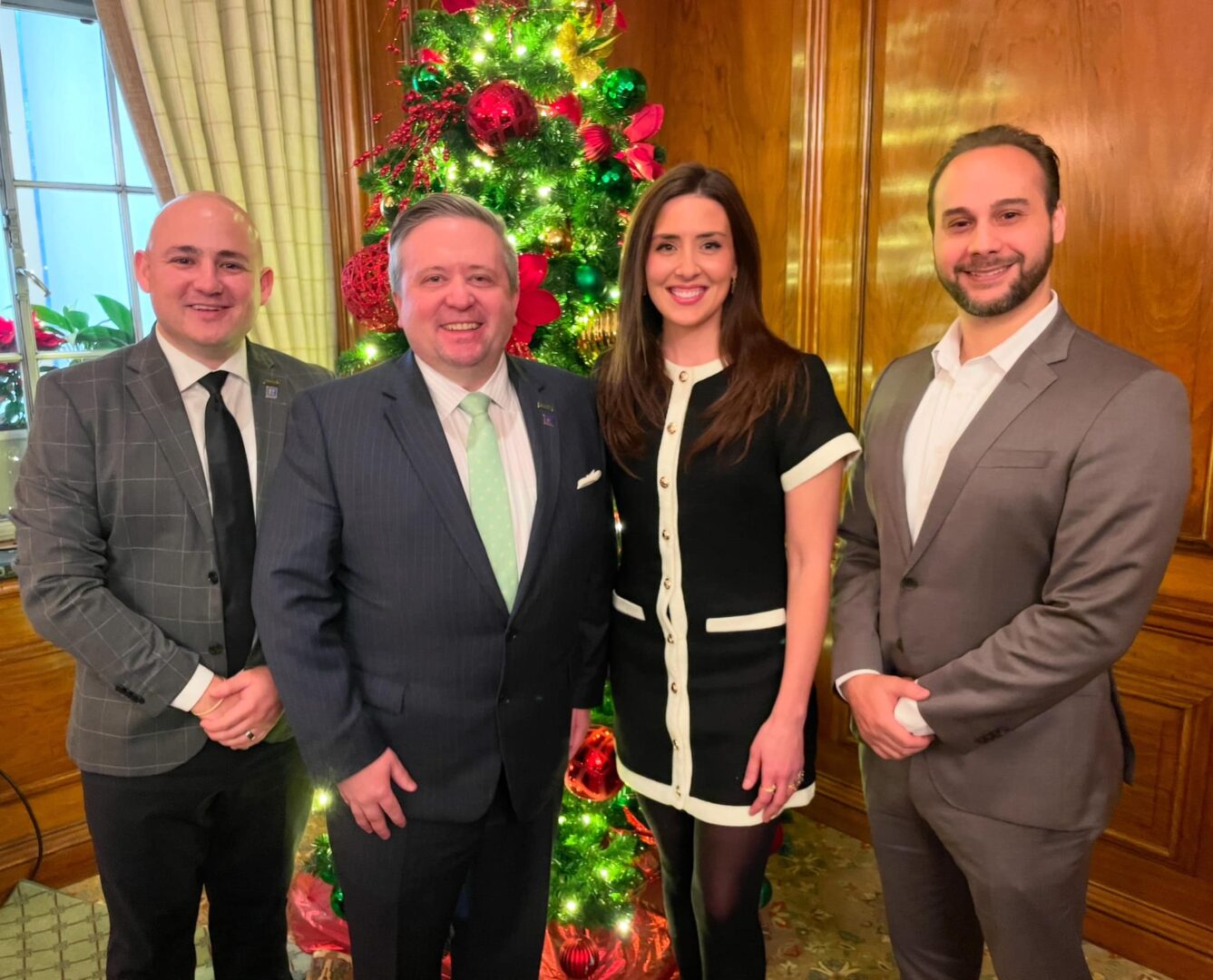
To close, maybe we can chat about your parents and what they did that was particularly impactful for you?
The most impactful thing my parents did for me was teach me to embrace change and say yes to the adventure. Growing up, we moved frequently—crossing states and time zones—and with every move, I learned the impermanence of what we place value in. I loved the homes, the friends, and the cities we left behind, but those experiences taught me to hold onto memories while welcoming new beginnings.
I’m fortunate to have traveled and experienced life from many perspectives, and those lessons from my childhood have stayed with me. Change doesn’t always have to be as dramatic as moving cross-country. It can be as simple as working toward a professional designation, exploring a new route home, or saying hello to a stranger. Each encounter, no matter how small, is an opportunity to connect, grow, and learn from someone else’s story.
My parents showed me the importance of leaning into the fear of the unknown. They taught me to dive in headfirst, meet challenges with an open heart, and tackle whatever lies ahead with grace. That mindset has been my foundation—one that continues to shape how I approach life, work, and relationships. Change is inevitable, but it’s also where the magic of growth happens.
Contact Info:
- Website: https://brianlarson.howardhanna.com
- Instagram: btlarson
- Linkedin: https://www.linkedin.com/in/briantlarson/
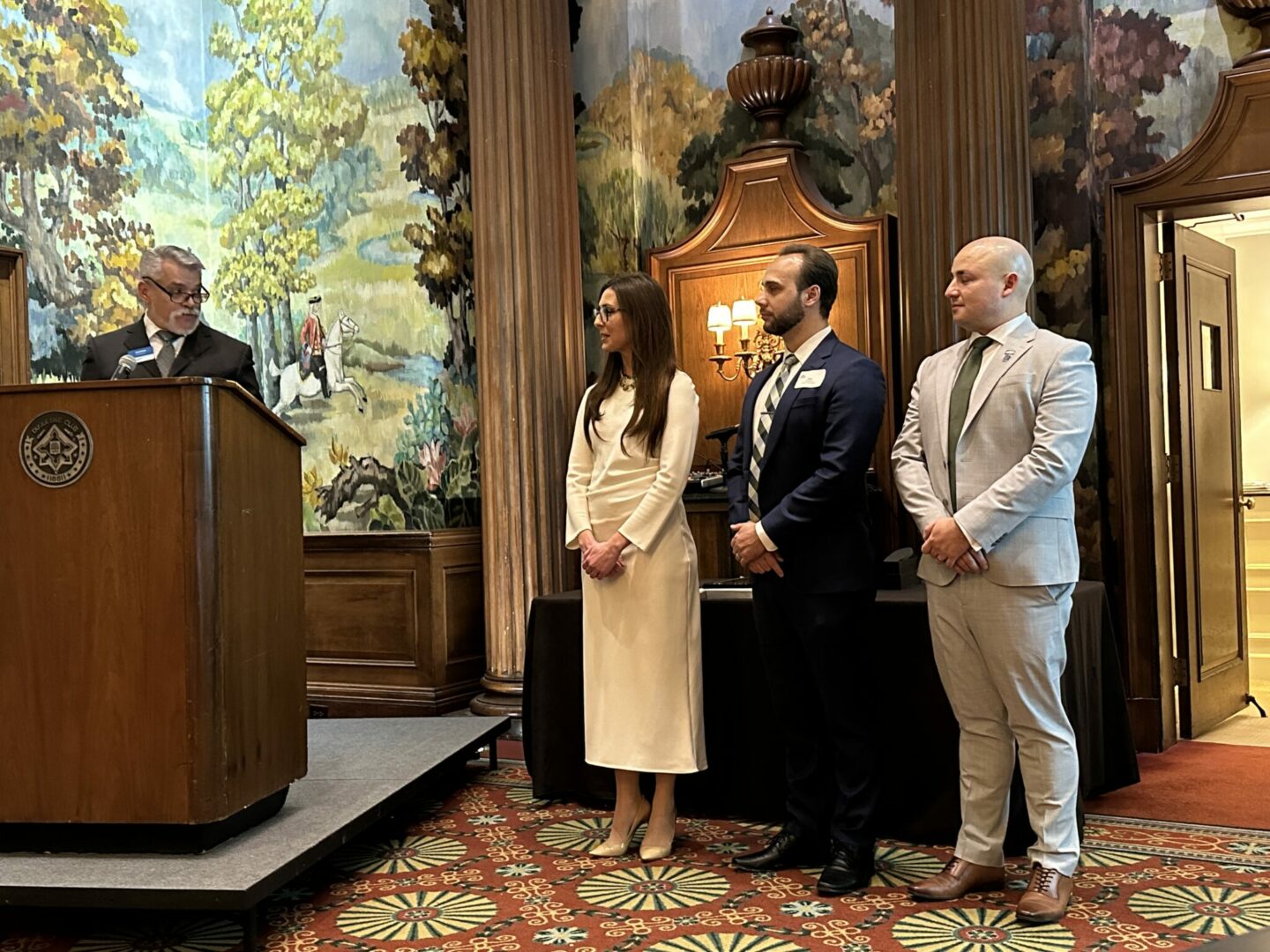
Image Credits
RAMP Staff
Katie Long Photography
so if you or someone you know deserves recognition please let us know here.

